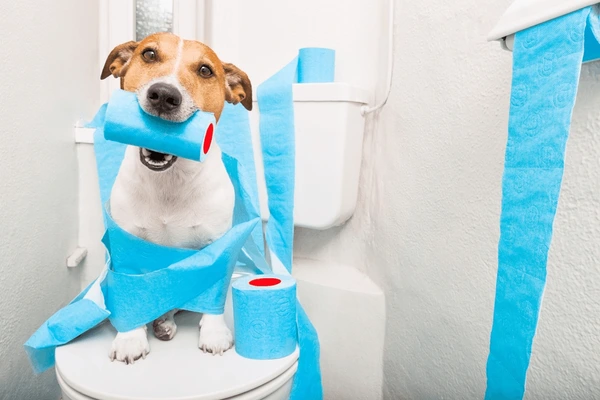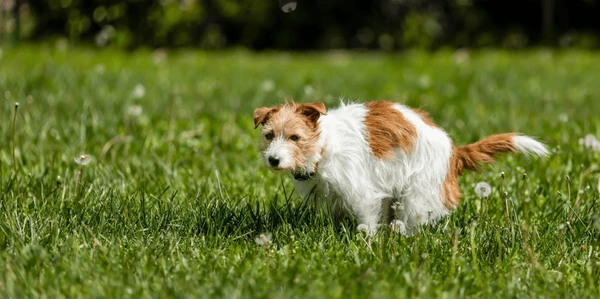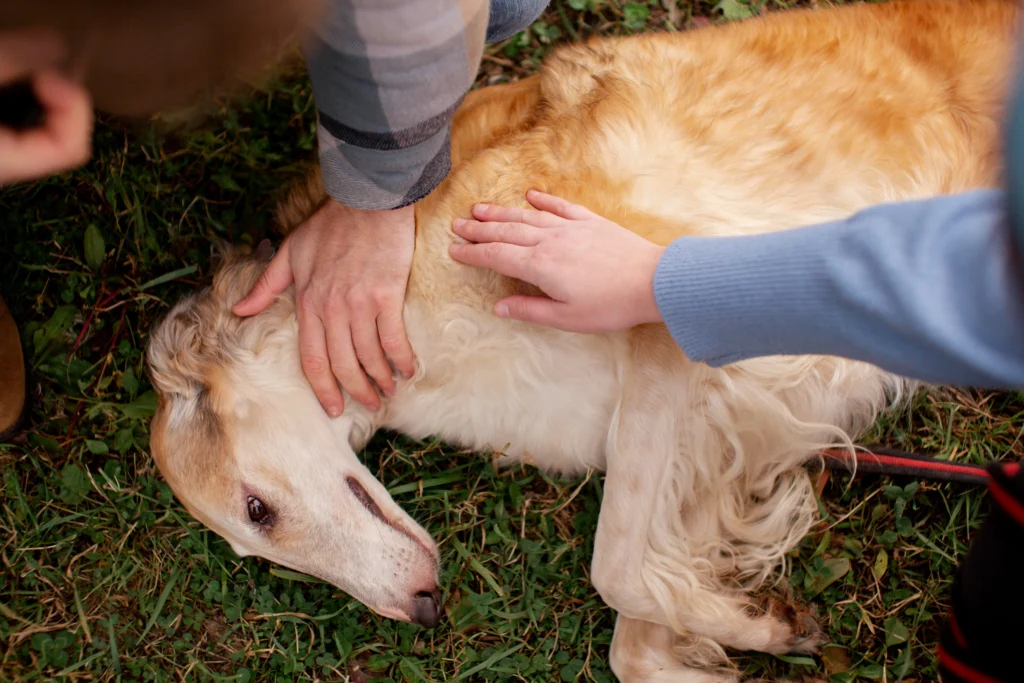-
Kutchina service center, Kolkata - 700010
Kutchina service center, Kolkata - 700010

Looking for effective remedies for pet diarrhoea? Learn natural and safe ways to soothe your pet’s tummy troubles, when to seek veterinary help, and how the Best Pet Clinic in Kolkata ensures your furry friend’s long-term wellness.
Every pet parent knows that uneasy feeling when their furry companion suddenly refuses food, becomes lethargic, or has a bout of diarrhoea. While an occasional upset stomach might not be alarming, persistent diarrhoea in pets can signal something deeper. Understanding its causes, identifying safe home care options, and knowing when to consult a vet are vital for your pet’s recovery and overall health.
This guide explores simple, vet-approved remedies for pet diarrhoea, preventive care practices, and when professional help becomes essential.
Diarrhoea in pets isn’t a disease but rather a symptom of something disrupting their digestive system. It can range from mild and temporary to severe and life-threatening.
Common causes include:
Pet diarrhoea often looks like loose or watery stools, but that’s not all. Pay attention to accompanying symptoms such as:
If any of these appear or persist beyond 24–48 hours, professional veterinary care becomes crucial.

Before trying home remedies, ensure your pet is not severely dehydrated or showing serious symptoms. These mild, natural approaches are ideal for short-term or mild diarrhoea cases.
After fasting, introduce easily digestible food:
Feed small, frequent meals until stools return to normal.
Probiotics restore the balance of good bacteria in the digestive tract, aiding recovery.
You can try:
Natural fibre supplements like slippery elm or psyllium husk can absorb excess water and soothe irritated intestines.

Certain well-intended actions can worsen the problem. Avoid these:
Even after applying the remedies for pet diarrhoea, some cases require professional care. Take your pet to the vet if:
Prevention is always better than cure. Here’s how to minimize the risk of future stomach troubles:
Sometimes, diarrhoea may not be just a stomach upset—it could signal infections, organ issues, or food allergies. Professional veterinarians assess stool samples, hydration levels, and underlying causes to prescribe the right treatment.
Trusted clinics in Kolkata, such as APC Pet Clinic, combine advanced diagnostics with personalised care. Their experts ensure your pet’s gut health is restored safely while preventing recurrence through nutritional counselling and routine monitoring.

1. Can I give rice water to my pet during diarrhoea?
Yes. Rice water is soothing and helps bind stool. Offer small amounts several times a day.
2. How long does mild diarrhoea last in pets?
Usually 24–48 hours. If it persists longer, consult a vet.
3. Should I give antibiotics at home for diarrhoea?
No. Antibiotics should only be prescribed by a vet after proper diagnosis.
4. Can stress really cause diarrhoea in pets?
Absolutely. Travel, loud noises, or sudden environmental changes can trigger digestive issues.
5. How do I know if my pet is dehydrated?
Check for dry gums, excessive panting, or loss of skin elasticity. Immediate hydration and vet care are essential.
6. Are home remedies safe for puppies or kittens?
Use caution. Their bodies are delicate, and diarrhoea can lead to dehydration quickly. Always seek veterinary advice first.
Mild stomach upsets happen to every pet now and then, but understanding your pet’s needs and acting calmly makes all the difference. By combining gentle home remedies for pet diarrhoea with timely professional attention, you ensure your furry friend’s health and happiness remain steady.
If your pet’s condition doesn’t improve, it’s always better to seek expert help from a trusted veterinary clinic like APC Pet Clinic, where compassionate care meets scientific precision. Your pet deserves a healthy, comfortable life — and every small act of care brings them closer to it.